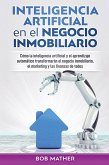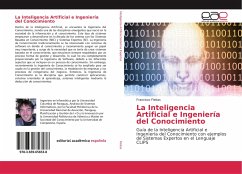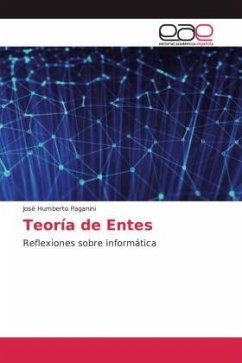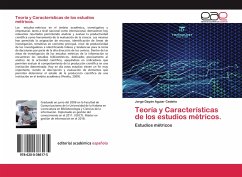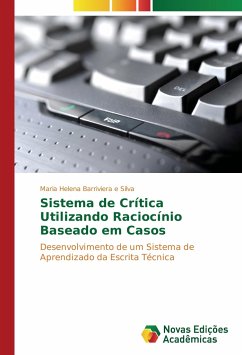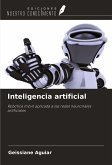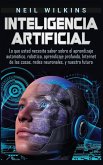This essay, winner of the 3rd Eugenio Trías Essay Prize, proposes a philosophical reflection on the main issues that artificial intelligence forces us to rethink: the capabilities of algorithms and those of humans; the nature of automation, intelligence, and creativity; the reliability of predictive analytics; the meaning of transparency; the intuitive and corporeal dimension of knowledge; the power and inaccuracy of data; the collective and social aspect of privacy; and the place of indeterminacy and chance in an environment mediated by algorithmic governance. In the context of the great debate on artificial intelligence, Innerarity reexamines the concept of democracy at the current technological crossroads.
Bitte wählen Sie Ihr Anliegen aus.
Rechnungen
Retourenschein anfordern
Bestellstatus
Storno



